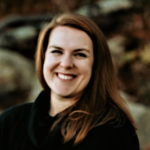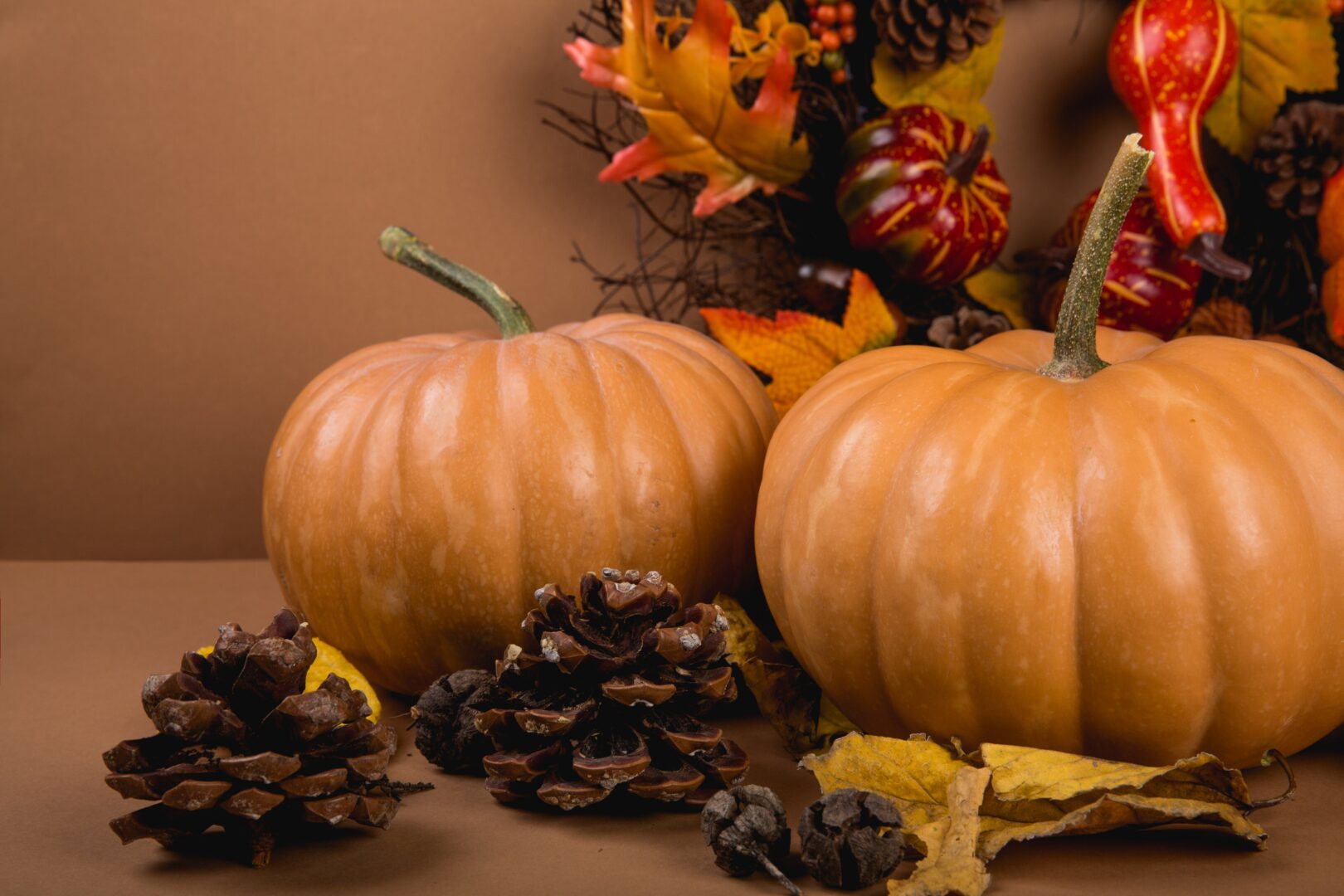Having a hard time feeling grateful this holiday season? Between the stressors of the holidays and adding grief on top of that, it can be incredibly difficult to list off all the things you are grateful for around the Thanksgiving dinner table. Or perhaps, you are able to find gratitude but your child is experiencing something different. This happens. We all grieve differently and part of this process is understanding that our children and family members may have different experiences than us.
Connect instead of compare
You aren’t feeling grateful, now what? Go easy on yourself. If you have experienced a death or loss, it can be hard to remember what is going “right” in your life. You may even feel anger throughout the holiday season as others post happy family photos or the holiday cards come rolling in. That is okay and normal. It can be easy to get stuck in the comparing cycle of what others have and what you don’t have. And when this cycle happens, it can be helpful to connect instead of compare. Shift your lens just slightly towards searching for moments of comfort or connection with friends and family. Perhaps it feels different then before and perhaps you can still find small moments to give you comfort.
Meet kids where they are
What if your child is the one struggling with feeling grateful? We may want our children to always find ways to have gratitude, but the reality is, particularly after a death, it can be really hard. We know that forcing a kid to “look on the bright side” doesn’t always work. So what does work then?
Meet kids where they are at in their process. That will most likely look different from yours, and it most likely will change over time but for right now, it’s okay to not feel grateful. One 12-year-old camper at Experience Camps shared with me that on days when he wasn’t finding joy or feeling grateful, it helped to just have his caregiver validate that it was hard for him in that moment. He talked about how he often feels pressure to put on a “happy face” or remain positive around his family but there are times when there is nothing to feel grateful about which makes it even harder. What would have been helpful for him is for his caregiver to remind him that there is no one way to be after someone dies and that if he is not feeling grateful right now, maybe he will in the future but for now, just be present with us as a family without pressure of feeling anything in particular. When in doubt, validate.
Allow for mixed feelings
Another camper shared with me that sometimes she feels grateful and other times she just feels sad and it can feel confusing when both are being felt together. I reminded her that more than one feeling can coexist so it makes sense if both gratitude and sadness felt like two sides of the same coin. Reminding your child that you can feel multiple things at once and hold space for multiple feelings, even when they seem at odds. Maybe remind ourselves of that too.
Some examples of how to support your child when they are not feeling grateful might sound like…
“Sometimes it’s hard to feel grateful when we are feeling so sad. I’m here to listen to you no matter what you are feeling.”
“When ___ died, I had a hard time feeling happy or grateful for what we still have. Eventually I felt it again, but we all take different amounts of time to get there.”
“It’s okay, I have days like that too. How about we make your favorite dessert or watch your favorite movie together and we can talk if you want to”
“Holidays can be hard for many reasons. When you’re feeling up to it, maybe we can start some new holiday traditions?”
What we know about grief is that it comes and goes in waves and we know that these waves can sometimes feel out of our control. If a grief wave is crashing down during the holidays, remember that it will eventually go back out again. Whether we as the caregiver are struggling, or our child is the one having a difficult time, our waves do come and go.
 Molly Giorgio PsyD is a licensed Clinical Psychologist from Connecticut and Clinical Director of the Maine Boys program at Experience Camps. She received her PsyD from William James College and has worked in a variety of settings including VA Hospitals, college counseling, and community health centers. Molly has taught Psychological Foundations at the University of Hartford and Social Psychology at the Loomis Chaffee School. Currently, Dr. Molly has her own practice where she sees clients in CT, MA and NY with a focus on grief and trauma.
Molly Giorgio PsyD is a licensed Clinical Psychologist from Connecticut and Clinical Director of the Maine Boys program at Experience Camps. She received her PsyD from William James College and has worked in a variety of settings including VA Hospitals, college counseling, and community health centers. Molly has taught Psychological Foundations at the University of Hartford and Social Psychology at the Loomis Chaffee School. Currently, Dr. Molly has her own practice where she sees clients in CT, MA and NY with a focus on grief and trauma.
